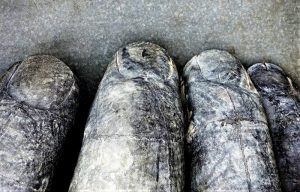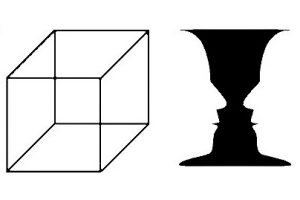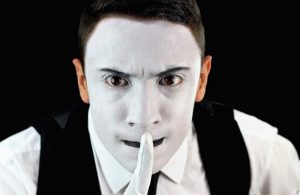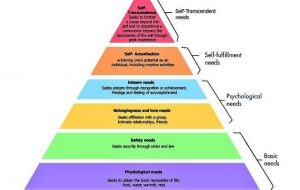Onychophagia
Anxiety can cause many different types of tics and unwanted habits. One of the most common problems that anxious people experience is constant nail biting. Nail biting is a strange way to react to anxiety and stress, but it is perhaps one of the most common ways that both children and adults seem to act when they feel tension. Onychophagia occurs when a person constantly places nails near the mouth and uses the teeth to peel or bite the top later. Some people don't even realize that they are biting their nails until they are pointed at, indicating that it almost never happens consciously.
What is onychophagia?
Onychophagia is the habit that occurs compulsively in a person who eats nails, which, over time, can lead to different physical problems in both nails and teeth, ranging from infections to finger deformities.
About onychophagia
Experts in medicine and psychology are now studying this type of addiction more closely and have decided to change their classification from a simple habit to a complete obsessive-compulsive disorder. Onychophagia, or the act of constantly biting one’s nails, is a broad-spectrum behavior. It basically consists of placing the finger in the mouth in such a way that there is contact between a nail and one or more teeth. This could cause nail and finger damage or bleeding. Sometimes as a result of this act physical damage is produced and it is considered a self-mutilation behavior.
Characteristics of onychophagia
Among the main characteristics that we can find in the onychophagy we can mention the following:
- It is one of the most common nervous disorders.
- It can occur in both children and adults.
- It has negative consequences for aesthetics, nails and teeth.
- It usually ends when children enter preadolescence.
- It’s a way for people who have it to reduce anxiety.
Causes of onychophagia
Onychophagia begins mildly and at an early age. There are many different and controversial causes. While some studies linked habit to behavioral problems and anxiety, others didn’t. Scientists believe this is not the case. Anxiety in children with onychophagia is not a characteristic trait; it is rather a state. Oral habits, including nail biting, have an environmental etiology and are risk factors for the development of malocclusion, especially in older preschool children. It is assumed that inappropriate motor activity for age may be a cause of onychophagia. Although it was suggested that onychophagia was used to reduce anxiety, many recent studies do not support this theory. Nail biting usually occurs as a result of boredom or working in difficult places that generate anxiety, in the case of adults. People with onychophagia do not bite their nails when involved in social interactions. It is important to rule out obsessive-compulsive disorders as a cause of onychophagia.
Symptoms
Generally, people who suffer from it usually bite their ten nails equally, to the same degree. Nail biting causes the cuticle to break, which can lead to microbial and some viral infections. Saliva can also affect the skin. In many occasions, fingers can become deformed in a serious way because when the nails are bitten the destruction of the nail bed takes place.
Diagnosis
The diagnosis is based on child or adult observation of nail biting and nail biting behavior. It usually begins at an early age, even when the child is in his mother’s womb. Different factors that may influence the problem, such as insomnia, depression, isolation, and eating disorders, should be evaluated. It is also important to establish whether there is a background obsessive-compulsive disorder.
Treatment
Depending on whether there is a depression problem, then antidepressants may be prescribed. For patients with obsessive disorders, treatment with medications that help control their obsession is indicated. The antipsychotics in these cases are indicated. Vitamin B is an aid in treatment, as it has been proven to reduce the anxiety of biting one’s nails, as it increases serotonin in the brain. Behavioral therapy is the most commonly used, either with or without medications. Changing habits and controlling stimuli are key points to overcome the disease.
Consequences
Some of the most common consequences are:
- Subungual hemorrhages.
- Chronic paronychia or acute inflammation of the cellular tissue of the fingers.
- Deterioration of the nail plate.
- Ingested nails can damage and inflame the pharynx.
- Bronchial infections may occur.
- Germs transport.
Onychophagia in children
In children, it is more catalogued as a bad habit rather than a disease. It may be because the child is going through a time of anxiety or stress. Although many times the onychophagia disappears with age, sometimes nail and tooth growth is affected by this reason.
How to cite this article?
Briceño V., Gabriela. (2019). Onychophagia. Recovered on 3 January, 2025, de Euston96: https://www.euston96.com/en/onychophagia/










